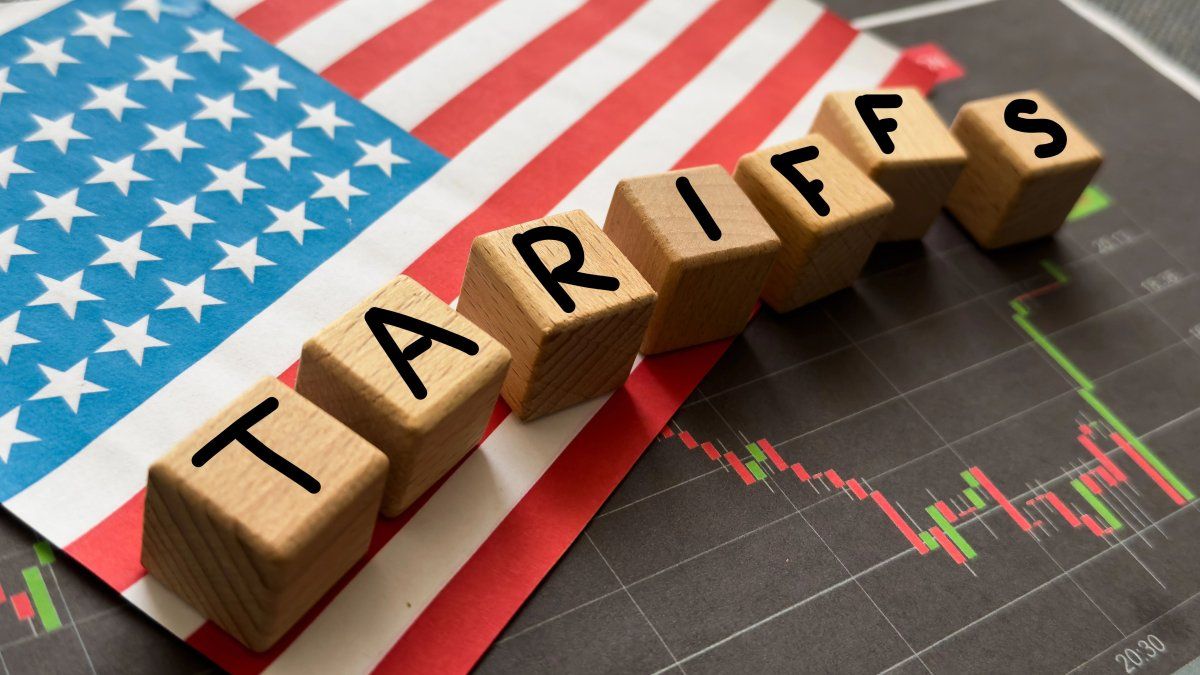The relief was brief. A Federal Court of Appeals In the United States, it ordered to “temporarily” the commercial tariffs imposed by President Donald Trump, reviving a scenario that already cost companies More than US $ 34,000 million in lost sales and higher import costs, according to an analysis of Reuters based on regulatory documents and corporate reports.
The return of rates occurs in a context of strong uncertainty, where even big companies have difficulty providing the real impact on their financial operations and results.
The report estimates that US $ s33,000 million of the total impact come from the reports of 32 S&P 500 companies, three European Stoxx 600 and 21 Japanese Nikkei 225. Among those affected are giants such as Apple, Walmart, Mercedes-Benz and Sonywhich have reviewed their earnings or directly.
In fact, At least 42 companies reduced their projections and others 16 suspended their financial guidein front of an increasingly volatile macroeconomic environment. Some, like United Airlinesthey even offered two possible scenarios due to the impossibility of anticipating the specific effects of commercial policies.
Jeffrey Sonnenfeld, professor at Yale School of Administration, warned that the real impact could be much greater: “You can double or triple that figure and still fall short. The indirect effects, such as the fall in consumption or the rise in inflationary expectations, are much more harmful than it is believed.”
Tariffs as the protagonist of the quarter
During the latest conferences of results, 360 S&P 500 companies (72%) mentioned tariffs as a key factor, compared to 30% of the previous quarter. The trend was similar in Europe and Japan: in the Stoxx 600219 companies talked about the subject (vs. 161 previous), and in the Nikkei 22558 companies mentioned it (vs. only 12 in the previous quarter).
The most affected sectors include Automotive, airlines and Imported consumer goodswhich depend on global value chains sensitive to any cost variation.
Rich Bernstein, CEO of Richard Bernstein Advisors, summarized it sharply: “Companies have no visibility about the future. In this scenario, the safest thing is not to give any forecast.”
From Trump’s perspective, tariffs seek to reduce the commercial deficit and Relocate jobs in American territory. But experts warn that, in sectors such as technological or automaker, These goals are difficult to achievedue to the complexity of global supply chains and at the growing cost of local production.
In addition, the return of rates can translate into more expensive products for the consumer, less demand and inflation pressures, which further complicates business planning.
Trump tariffs April 2025
From Trump’s perspective, tariffs seek to reduce trade deficit and relocate jobs in US territory.
A minor evil?: Certainties instead of litigation
Paradoxically, some analysts see with good eyes the judicial ruling that restores tariffs, at least from the point of view of the Legal certainty. “For companies it is preferable to know that they must pay a tariff, to live with years of legal uncertainty,” they say from Goldman Sachswhich warns that Trump has other tools to impose commercial restrictions, even if the International Trade Court revokes them.
For Larry Tentarelli, Blue Chip Daily Trend Report analyst, the panorama is clear: “Markets do not like uncertainty. Without predictability, the projections become impossible. We hope that the theme of tariffs will continue to generate Short -term volatility”
Source: Ambito
I am a 24-year-old writer and journalist who has been working in the news industry for the past two years. I write primarily about market news, so if you’re looking for insights into what’s going on in the stock market or economic indicators, you’ve come to the right place. I also dabble in writing articles on lifestyle trends and pop culture news.




